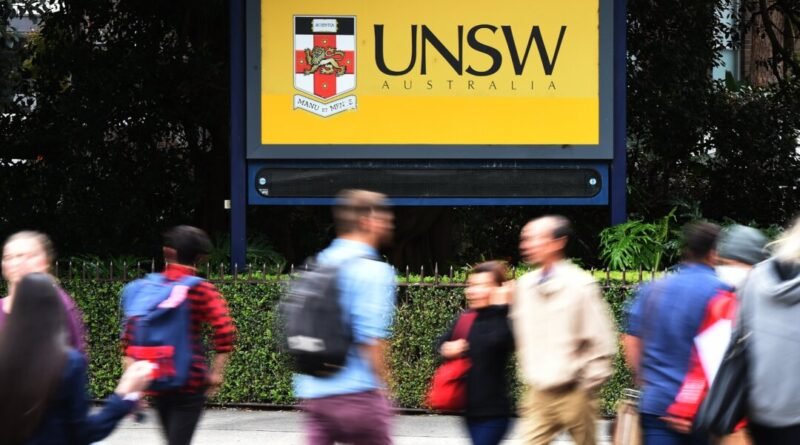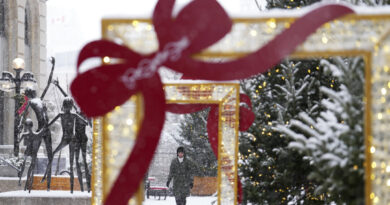A Prestigious Australian University Plans ‘Micro Treaty’ With 11 Indigenous Communities
The University of New South Wales is determined to push forward with its own treaty process, despite the failure of the Voice referendum.
The university had campaigned for a “yes” vote in the Voice referendum and expressed disappointment when a 60.06 percent “no” vote thwarted that effort.
“The necessity for a voice for communities remains unchanged after the referendum. It is as crucial today as it was on October 14, and there are numerous ways to empower Aboriginal people to have a voice—this is one particularly innovative and leading approach,” stated Professor Megan Davis, Pro Vice-Chancellor Society at the university.
She originated the dialogues process, which influenced the Uluru statement and will be utilized by the university to organize its engagement.
Process Will Be Led by the Community
As a community-led process, the outcomes will be diverse, but UNSW envisions that the commitments might encompass:
- Acknowledgment and recognition of the sovereignty of Aboriginal and Torres Strait Islander people, essential for establishing a basis for equitable relationships.
- Cultural respect and recognition, which can contribute to the preservation and revitalization of culture.
- Education and research, recognizing Indigenous knowledge and its ongoing contribution to society as one of the oldest living knowledge systems in the world.
- Social and health development, ways in which the treaty can support social, health, or economic development for Indigenous communities.
- Reconciliation and healing, engaging in this process can be a step towards reconciliation and healing, fostering a sense of justice and fairness.
The dialogues will be overseen by a representative council comprising Indigenous undergraduate and postgraduate students, professional and academic staff, alumni, and members of UNSW-connected Aboriginal communities throughout the state.
“The gathering of communities to explore self-empowerment through education and research will be incredibly powerful,” remarked Professor Leanne Holt, inaugural Deputy Vice-Chancellor Indigenous.
“Through this process, the community will be sharing their voices, expertise, and knowledge, and expressing how they wish to see themselves positioned in the future.
“A micro-treaty ensures that communities will have a genuine voice in determining what the commitments will be. Through a negotiation process, they will define their relationship with UNSW.
“We are utilizing the concept of a treaty because it is a key aspect of the Uluru Statement, and the process of community dialogue followed by negotiation and agreement is a healing and empowering journey,” Prof. Holt remarked.
UNSW anticipates that the micro-treaty will be ratified by the conclusion of the year, and the university will outline specific actions and targets for each commitment.
“This will allow us to observe how the treaty makes a difference, as we can measure and monitor the commitments. It will also enable us to continue fostering respectful and reciprocal relationships with our communities that have tangible impact,” Prof. Holt noted.
The micro-treaty will be a pioneering effort in Australia.
“We hope that other university communities will take notice and emulate our example by seeking treaties with their respective Indigenous communities,” she concluded.





